Edge banding is an essential component of furniture design, providing both aesthetics and protection for exposed edges. A variety of edge banding materials can be used to create edgebanding, each with its own unique properties and uses. Decorative edge banding is often made from high-pressure laminates and comes in a variety of colors and textures to enhance the visual appeal of furniture. Wood veneer edge banding is made from thin sheets of real wood for a natural look, perfect for enhancing the elegance of solid wood furniture.
PVC edgebanding is known for its durability and affordability, making it ideal for kitchen and bathroom applications where moisture resistance is critical. Zero-joint edgebanding uses advanced technology to provide a seamless finish, ideal for high-end furniture that requires precision.
Finally, glass and metal edge banding combines the elegance of glass with the strength of metal, perfect for contemporary and commercial furniture. Understanding these materials and their uses can help you choose the right edge banding for your specific project needs.
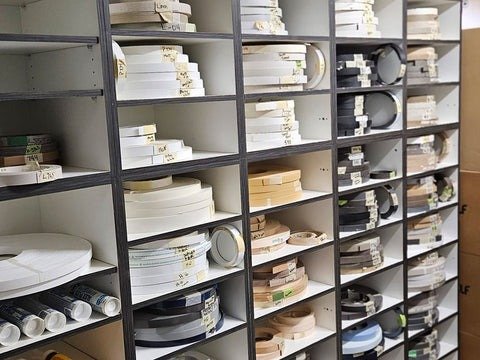
Types of Edge banding Materials
There are various types of edge banding available in the market, each made from different materials and suitable for specific applications. Let’s explore these types, the materials they are made of, and their common uses.
- Decorative Edge banding
Decorative edgebanding adds elegance and visual appeal to furniture, giving it a sophisticated look. Decorative edgebanding comes in a variety of colors, patterns, and textures, and you can easily find a decorative edgebanding that complements the style of your furniture.
- Material Used: These edgebandings are usually made of High Pressure Decorative Laminate (HPL) bonded to a backing material such as paper or fabric. This process involves high temperatures and pressures, which results in a durable and decorative surface.
- Applications: Decorative edge banding is commonly used in residential and commercial furniture, cabinets, and interior design projects.
Furniture
Countertops
Cabinets
- Wood veneer edge banding
Wood veneer edgebanding has a natural look and is a popular choice for those seeking authenticity. They provide a seamless look while maintaining the beauty of real wood.
- Materials used: These edgebandings are made from thin layers of natural wood cut from logs, preserving the unique patterns and color variations of the original wood.
- Applications: Wood veneer edge banding is ideal for solid wood furniture and can enhance the elegant appearance of furniture, but should be avoided in areas prone to moisture.
Furniture
Cabinets
- PVC edge banding
PVC edgebanding is known for its durability, flexibility, and easy maintenance. They are an affordable option for consumers looking for a long-lasting solution.
- Materials used: These edgebands are made from polyvinyl chloride (PVC), a synthetic thermoplastic polymer, combining PVC resin with additives and colorants to create a versatile material suitable for a variety of applications.
- Application areas: PVC edgebands are ideal for furniture and countertops that are exposed to moisture or frequent use.
Kitchen furniture
Kitchen countertops
Bathroom vanities
- Zero-joint edgebands
Also known as laser edge bands or seamless edge bands, zero-joint edge bands provide a premium finish with no visible seams. This innovative solution from Luyao is ideal for achieving a flawless look.
- Materials used: These materials are typically made from PMMA (polymethyl methacrylate) or ABS (acrylonitrile butadiene styrene) and combine durability with a seamless look.
- Application areas: Zero-joint edgebands are applied using laser technology, making them suitable for high-end furniture and luxury kitchens where precision and detail are required.
High-end furniture
Luxury kitchens
- Glass and metal joint edge bands
These edgebands combine the elegance of glass with the strength of metal for a modern and stylish look.
- Materials Used: Made from clear PMMA and metals such as aluminum or stainless steel, these edge bandings can come in a variety of finishes, including brushed or polished.
- Application Areas: Ideal for modern furniture and countertops that require a sophisticated look.
Contemporary Furniture
Luxury Kitchens
Commercial Furniture
Conclusion
Choosing the right edge banding material depends on your specific application needs. For environments that are susceptible to moisture, PVC is an excellent choice. If you need precision, consider zero-joint edge banding. For a natural aesthetic, wood veneer edge banding is ideal, while decorative or glass and metal joint edge banding is perfect for a modern look.
Whatever your preference, Luyao group’s edge bandings have something to suit all your needs, with high-quality, durable solutions engineered in Germany.
By choosing Luyao group, you are placing your trust in a reputable global brand that has been at the forefront of a wide range of industries for over 75 years. Since establishing operations in china in 2002, Luyao has been providing quality furniture solutions for kitchens, industrial applications and building structures, upholding the highest standards of German engineering.
For more information, please feel free to contact Shanghai Luyao Industrial Co., Ltd.:






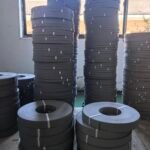
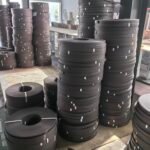
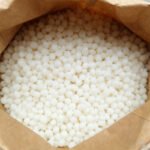
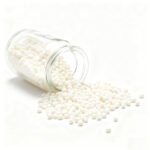
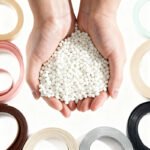
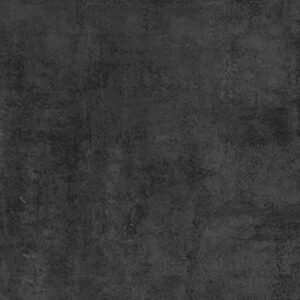
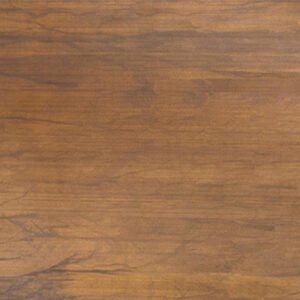

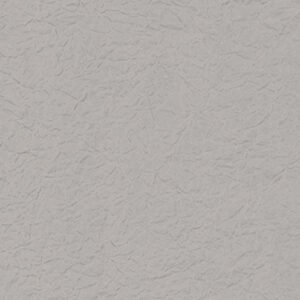

Leave a Reply